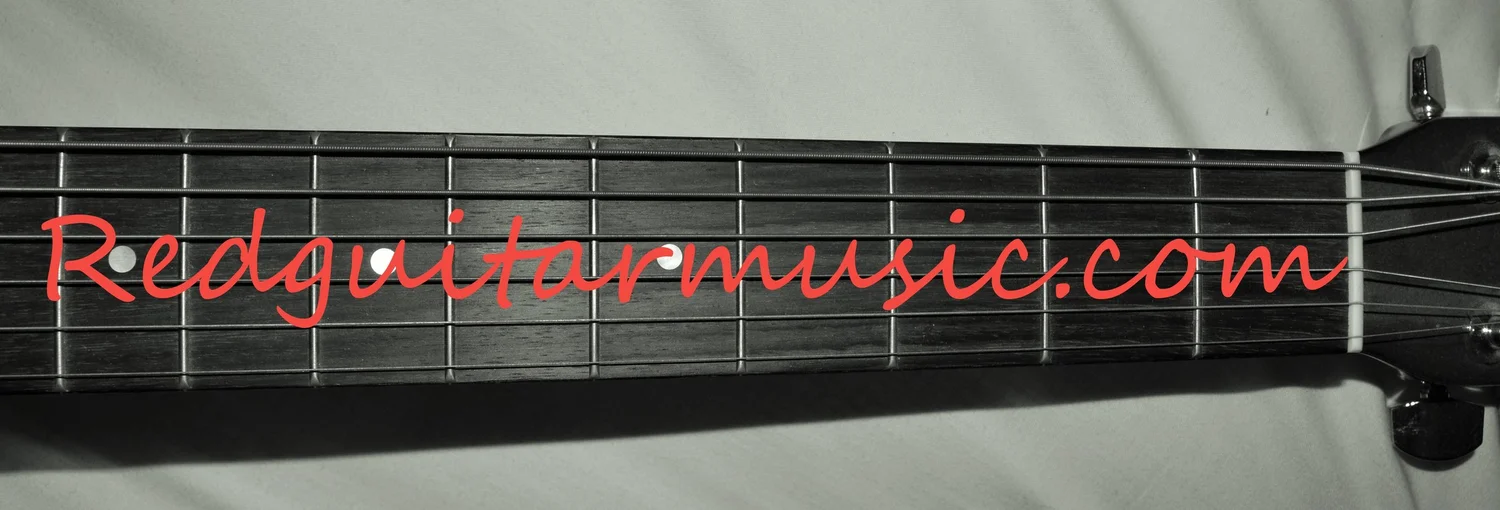The Unthanks - Mount The Air (Album Review)
The darlings of folk return with their first album in four years, Mount The Air. The fact that it is independently released, and is something of a serious, one-paced record, suggests that The Unthanks don’t want to play by anyone’s rules but their own. Their popularity means that they are still courted by major labels but nonetheless they are choosing this time to go it alone. So, they are making this music on their own terms and thus are fully able to indulge themselves with sprawling, slow-building epics; long passages of jazzy meandering and neat instrumental vignettes. It’s at this point I should also warn off anyone with an allergy to trumpets. There is a whole flood of trumpetry happening here, courtesy of the great Tom Arthurs.
If you, like me, have always been a little bit afraid of the word ‘folk’ then you need to know exactly what sort of folk we are dealing with here. This is by no means the sort of stadium skiffle popularised by Mumford & Sons, nor is it gentle, repetitive fiddly ditties played on acoustic guitars and concertinas. This is an altogether more ambitious and exploratory form of folk, akin to Jim Moray’s early albums, but yet more open-ended and far less hemmed in by the songs. Fans of the Unthanks will know that they are very much students of traditional folk, yet the music they create here is anything but.
The album opens with the piano-driven title track, which is also the first single. It’s a mighty ten-minute epic, built from small fragments of a traditional one-verse ditty, apparently unearthed in Cecil Sharp House by Becky Unthank. Likewise, elsewhere on the album, well-known folk pieces are used as a launching pad, some of these surviving the transformation more discernibly than others. The way these themes are extrapolated into ethereal, cinematic sonic dreams makes the whole thing very, very hypnotic. ‘Mount The Air’ builds slowly and surely into a huge climax, overflowing with lush strings, brass and pleasingly crashy drums. The following two tracks ‘Madam’ and ‘Died For Love’ seem to bleed into one another, essentially giving The Unthanks nearly twenty minutes to put you completely under their spell.
The only real concession made to the commercial world is to be found in the stuttering, Massive Attack-esque beats of ‘Flutter’, which sounds like something from Lou Rhodes’ solo debut. This is followed by the ominous, mediaeval drone of ‘Magpie’, one of the pieces on offer that can be fairly tangibly linked to its folk beginnings. You’re still reeling (no pun intended) from its frankly scary refrain of “Devil, Devil I defy thee” and then you’re hit by the waterfalling piano and strings of ‘Foundling’, another grand epic, clocking in at just under eleven minutes. It’s such a beautiful, mournful piece, you inevitably lose yourself in it completely. After all those big strings, the simple unison violin and trumpet melodies of the pared down ‘Last Lullaby’ show a more intimate side and it’s particularly nice to be able to actually hear the piano pedals coming up at the song’s close. Adrian McNally’s playing here reveals one of The Unthanks more surprising influences, namely the dizzying minimalism of Philip Glass. It mostly goes unnoticed but runs through a lot of this album and their previous work too.
‘Hawthorn’ continues to bring us back down to earth with its spare, plaintive piano, voice and (of course) trumpet, before the charming instrumental ‘For Dad’. Then the straightest thing on the album, ‘Poor Stranger’ brings things neatly towards a close which comes in the form of another gentle instrumental: ‘Waiting’… and why not?
The consistently sedate pace of this album forces the listener to slow down and just be immersed in The Unthanks sound-world. Be warned though, the keyword there is sedate: gone is the bounce and shimmer of their breakthrough song ‘Lucky Gilchrist’ from 2009, this is slow, serious, doleful stuff but it will completely bewitch you, if only you can allow the time and space to give yourself over to it.
Review by Rich Barnard.


